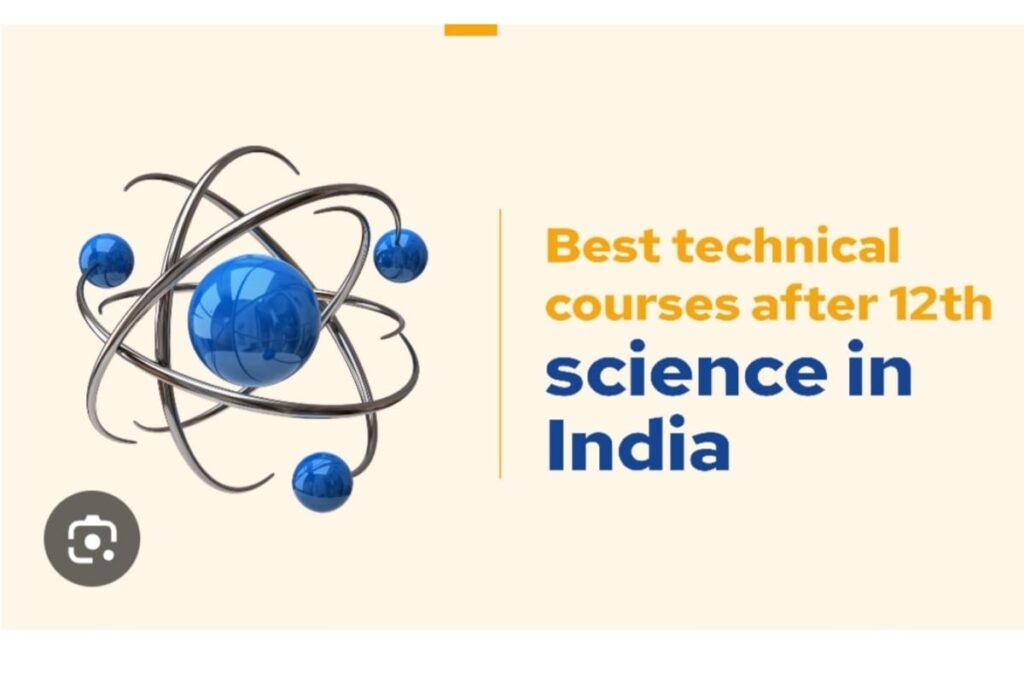
Exploring Post-12th Degree Courses: A Guide to Your Educational Journey :
Introduction:
Congratulations on completing your 12th grade! This milestone marks the beginning of a new chapter in your academic journey. As you stand at the crossroads of numerous possibilities, it’s natural to feel both excited and overwhelmed by the array of choices ahead, especially when it comes to selecting a degree course. In this blog, we’ll explore various post-12th degree courses, shedding light on their significance, prospects, and suitability to help you make an informed decision about your future.
Exploring Post-12th Degree Courses: A Guide to Your Educational Journey
- Bachelor of Arts (B.A.):
The Bachelor of Arts degree offers a diverse range of subjects encompassing humanities, social sciences, languages, and fine arts. It’s an ideal choice for those with a passion for literature, history, sociology, psychology, or any other liberal arts discipline. A B.A. equips you with critical thinking, analytical, and communication skills, which are highly valued in fields such as journalism, advertising, public relations, and academia.
- Bachelor of Science (B.Sc.):
For students inclined towards science, technology, engineering, or mathematics (STEM), pursuing a Bachelor of Science degree is a popular choice. B.Sc. programs cover a wide spectrum of subjects including physics, chemistry, biology, mathematics, computer science, and engineering. Graduates of B.Sc. programs often find rewarding careers in research, healthcare, IT, engineering, and environmental science.
Exploring Post-12th Degree Courses: A Guide to Your Educational Journey
- Bachelor of Commerce (B.Com):
The Bachelor of Commerce degree focuses on commerce, finance, accounting, and business management. It’s tailored for students interested in pursuing careers in finance, banking, accounting, taxation, or corporate management. A B.Com degree provides a solid foundation in business principles, economics, and financial management, opening doors to diverse opportunities in the corporate sector.
- Bachelor of Technology (B.Tech):
B.Tech programs are designed for students passionate about technology, innovation, and engineering. With specializations ranging from computer science, electrical engineering, mechanical engineering, to civil engineering, B.Tech graduates are well-equipped to address complex technological challenges. Careers in software development, hardware engineering, robotics, and telecommunications await those with a B.Tech degree.
- Bachelor of Business Administration (BBA):
The Bachelor of Business Administration degree is tailored for individuals aspiring to become business leaders, entrepreneurs, or managers. BBA programs cover various aspects of business management, including marketing, human resources, finance, and operations. Graduates of BBA programs possess the managerial skills and entrepreneurial mindset required to thrive in competitive business environments.
- Bachelor of Design (B.Des):
If you have a flair for creativity, a Bachelor of Design degree might be the perfect fit for you. B.Des programs focus on design principles, visual communication, product design, fashion design, and multimedia arts. A B.Des degree opens doors to careers in graphic design, fashion design, interior design, animation, and advertising, allowing you to channel your artistic talents into meaningful and lucrative professions.
- Integrated Law Programs (B.A. LL.B, B.B.A. LL.B, B.Sc. LL.B):
Integrated law programs combine undergraduate studies with legal education, offering a comprehensive understanding of law and its applications. Students enrolled in these programs have the opportunity to pursue a career in law right after completing their 12th grade. Graduates can practice as lawyers, legal advisors, corporate counsels, or pursue higher studies in specialized areas of law.
Conclusion:
As you embark on this exciting journey of higher education, remember that the choice of degree course should align with your interests, strengths, and career aspirations. Take the time to research each option thoroughly, consider your personal goals, and seek guidance from mentors, teachers, and career counselors. Ultimately, the path you choose will shape your future, so make sure it’s one that inspires and fulfills you. Best of luck on your educational adventure!
